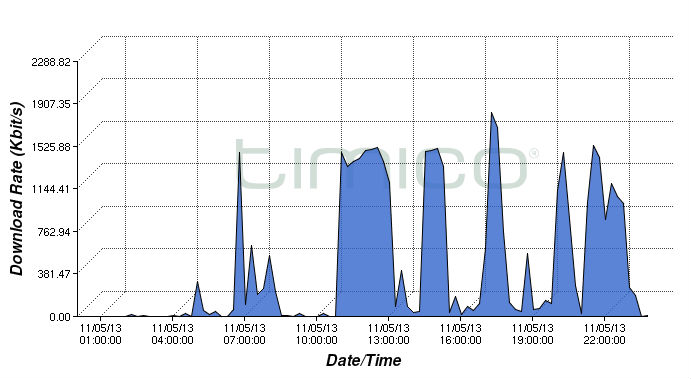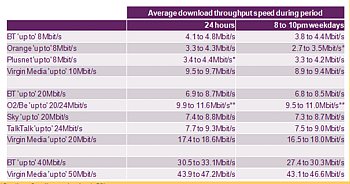VoIP over broadband not working? It may be the router.
Routers provided by some major ISPs are preventing their customers from using VOIP services such as Skype.
For some time now members of the Internet Telephony Service Providers Association have been keeping a list of routers through which VoIP doesn’t appear to work. The routers themselves include functionality or elements of firmware that are either not user configurable or there are elements of the ISP service that mandate their router without an obvious means of using an alternative. This means that if a customer wants to use Over The Top VoIP services such as those provided by ITSPA members they usually can’t.
Unfortunately whilst this may well not be a deliberate act of anti competitiveness on behalf of the ISP it has the same effect as if VoIP was being blocked in the ISP network – interesting considering that some of these ISPs offer VoIP services of their own.
If you have such a router you probably can’t use Skype or any other VoIP service offered by the 100 or so independent providers in the UK. Whether this is deliberate or not is a moot point. The end result is that the ISP is affecting your ability to use the broadband service you pay for.
Most major ISPs are signatories to the Broadband Stakeholders’ Group Code of Practice and have undertaken to respect what is known as Net Neutrality or the promise not to favour any one type of traffic over another. This is a fundamental principle of how the internet works.
If an ISP provided routers over which 3rd Party VoIP services did not work whilst their own VoIP service continued to work perfectly well they would be flouting these principles. Effectively they would on the one hand be saying they are “good guys” which comes with obvious PR benefits whilst in practice being “bad guys”.
Dan Winfield, CEO of VoIP provider Voxhub says:
“This is an ongoing problem. It can affect customers that work from home at any time even if they have things up and running. A new update is shipped out by an ISP and effectively wipes out their phones. You can see the roll outs happening over a period of time as people call for support. The worse side of this is that customers get angry with us and we cannot do much. We cannot guarantee our service will work on home broadband as a result. When we roll out to offices, we always supply routers to get round the problem but this doesn’t work for home users.”
Not all ISPs are affected. It would be interesting to hear from any reader who has a broadband service but over which VoIP will not work.










